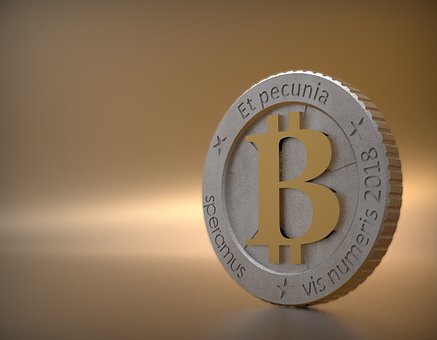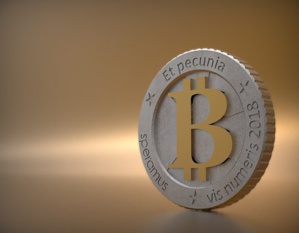On Thursday, 15 February 2018, Coincheck to witness a lawsuit, filed by a group trading in crypto-currency, against the “$530 million” theft of digital currency at the “Tokyo-based exchange” that took place last month, revealed the claimants’ lawyer.
Hiromu Mochizuki is the representative lawyer of the plaintiff, who informed Reuters that crypto-currency withdrawal’s freezing exercised by Coincheck will be claimed and filed by 10 traders at the “Tokyo District Court”. According to Reuters report:
“The traders will request that Coincheck allows them to withdraw cryptocurrencies to ‘wallets’ - folders used for storing digital money - outside the exchange, Mochizuki said. The group may launch a second lawsuit at the end of the month to claim for damages over the heist, he added.”
However, there was no response from Coincheck’s representatives’ side. The said incident brings into focus the risks involved in the crypto-currency trading while the regulators still struggle to bridle the same under adequate policies. Moreover, the issue also highlights “Japan’s framework for overseeing these exchanges”.
From Twitter posts, the exchange based out of Tokyo has resumed its “yen-withdrawals” from Tuesday, February 13, 2018, emerging from the frozen state which was imposed on withdrawals of “yen and digital currencies” after the theft.
The customers are likely to be allowed “withdraw yen” once the security system’s integrity is confirmed. Moreover, Coincheck also added that:
“...it would keep restrictions on cryptocurrency withdrawals until it could guarantee the secure resumption of its operations”.
References:
reuters.com
Hiromu Mochizuki is the representative lawyer of the plaintiff, who informed Reuters that crypto-currency withdrawal’s freezing exercised by Coincheck will be claimed and filed by 10 traders at the “Tokyo District Court”. According to Reuters report:
“The traders will request that Coincheck allows them to withdraw cryptocurrencies to ‘wallets’ - folders used for storing digital money - outside the exchange, Mochizuki said. The group may launch a second lawsuit at the end of the month to claim for damages over the heist, he added.”
However, there was no response from Coincheck’s representatives’ side. The said incident brings into focus the risks involved in the crypto-currency trading while the regulators still struggle to bridle the same under adequate policies. Moreover, the issue also highlights “Japan’s framework for overseeing these exchanges”.
From Twitter posts, the exchange based out of Tokyo has resumed its “yen-withdrawals” from Tuesday, February 13, 2018, emerging from the frozen state which was imposed on withdrawals of “yen and digital currencies” after the theft.
The customers are likely to be allowed “withdraw yen” once the security system’s integrity is confirmed. Moreover, Coincheck also added that:
“...it would keep restrictions on cryptocurrency withdrawals until it could guarantee the secure resumption of its operations”.
References:
reuters.com






